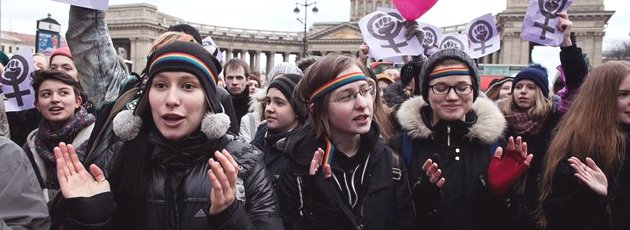- Home
- News & Blogs
- About Us
- What We Do
- Our Communities
- Info Centre
- Press
- Contact
- Archive 2019
- 2015 Elections: 11 new BME MP’s make history
- 70th Anniversary of the Partition of India
- Black Church Manifesto Questionnaire
- Brett Bailey: Exhibit B
- Briefing Paper: Ethnic Minorities in Politics and Public Life
- Civil Rights Leader Ratna Lachman dies
- ELLE Magazine: Young, Gifted, and Black
- External Jobs
- FeaturedVideo
- FeaturedVideo
- FeaturedVideo
- Gary Younge Book Sale
- George Osborne's budget increases racial disadvantage
- Goldsmiths Students' Union External Trustee
- International Commissioners condemn the appalling murder of Tyre Nichols
- Iqbal Wahhab OBE empowers Togo prisoners
- Job Vacancy: Head of Campaigns and Communications
- Media and Public Relations Officer for Jean Lambert MEP (full-time)
- Number 10 statement - race disparity unit
- Pathway to Success 2022
- Please donate £10 or more
- Rashan Charles had no Illegal Drugs
- Serena Williams: Black women should demand equal pay
- Thank you for your donation
- The Colour of Power 2021
- The Power of Poetry
- The UK election voter registration countdown begins now
- Volunteering roles at Community Alliance Lewisham (CAL)
International Women’s Day Welcomes Protests Worldwide
This year gave rise to revolutionary movements such as #MeToo and Time’s Up, bringing a feminist fight for progress to the sociopolitical forefront. In the past months, women have championed change by leading the world in a series of events, movements, and acts of resistance making 2018 the year of the women. The events of 2018 culminated in a sense of urgency awaiting International Women’s Day and across the globe Thursday welcomed hundreds of protests and uprisings demanding change.
In Spain, feminist groups organized a domestic strike, in which women would not spend any money and ignore chores for the day to illustrate how impactful their role is in local society. In support of the strike, female politicians, from both liberal and conservative parties, announced a work-to-rule day in which women would work exactly the hours assigned to them and no more.
The absence of women in the workplace was felt across the country. With the support of the trade unions, several industries were forced to call a broader labor strike, halting services for over 24 hours. The metro system suffered severe disruptions after 300 trains could not operate in response to the strike. The newspaper El Pais posted a video attributing the lack of staff present in the office to the fact that the women were absent.
Instead these women were taking part in the hundreds of street protests scheduled across the country. And Spain was not alone. All across Europe and beyond women were called to strike in protest of unfair treatment and unequal pay.
In Italy women marched by the thousands in both Rome and Milan. Asia Argento, an actress that accused Harvey Weinstein of misconduct, was among the women who marched in Rome this afternoon after facing criticism for her decision to come forward. Others included the leaders of a project titled 100 Women against Stereotypes who met to promote a digital platform sponsoring female experts in various areas.
In the Philippines, women took a more political stance, denouncing the current president as one of the worst violators of women’s rights. Activists sung and danced in the capital city, calling for a stronger resistance against the corruption in government, which is accused of committing an increasingly high amount of extrajudicial killings.
In South Korea, over 500 women’s rights activists joined in Seoul vowing to protect the #MeToo movement, which has begun to blossom there in recent weeks. In support of the movement, leaders handed out white roses to people passing by. Protestors also held signs instructing women to stop work at 3 p.m. in accordance to the wide pay gap.
These uprisings follow over a year after the 2017 Women’s March broke records in Washington DC and United States’ history. The tide has changed and women are no longer waiting around for change to arrive at their doorsteps- they’re mobilizing, uniting, and fighting back. And these events serve as testimony to their efforts’ success.
Women and young girls are making themselves harder to ignore in the social and political realms of the modern world in hopes that their actions, words, and resistance will trigger progress. Days like these mark an incredible and valuable realization- that although we have come so far, we still have far to go. Society has already proved susceptible to the influence of women; all women have left to do is persist.
Cameron de Matteis
